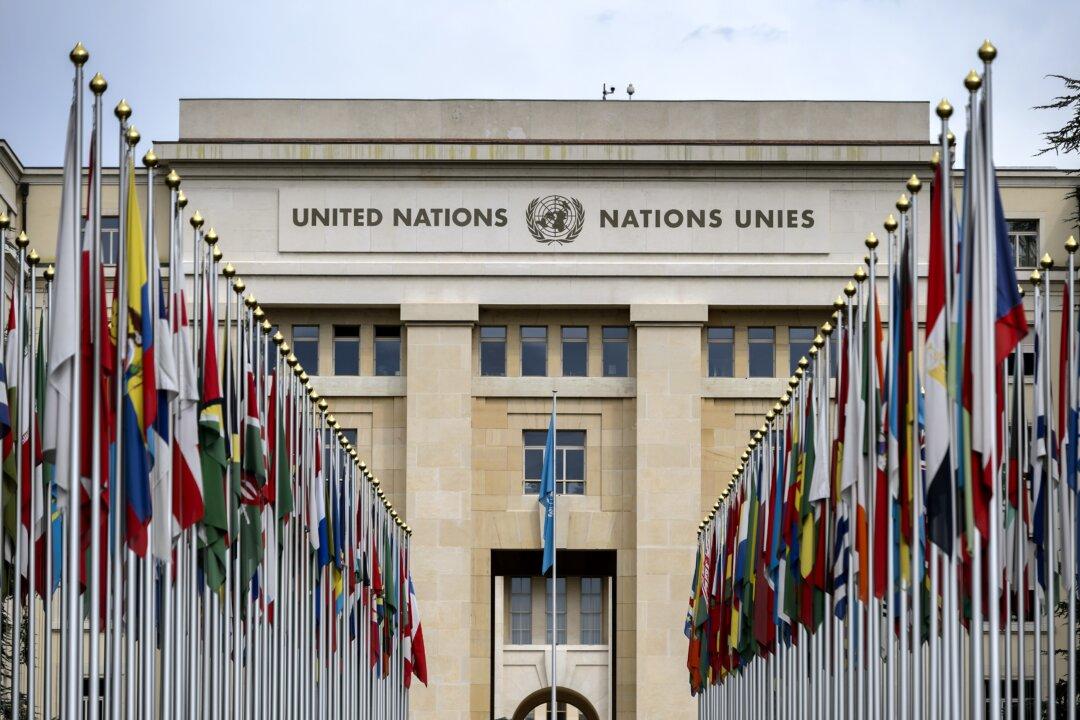A United Nations credentials committee has deferred a decision about whether to allow the Taliban terrorist group to represent Afghanistan at the world body.
After a closed-door meeting on Dec. 1, the chairwoman of the nine-nation Credentials Committee of the General Assembly, which approves the diplomatic representation of each U.N. member state, said the committee had chosen to postpone its decision on who will represent Afghanistan.





